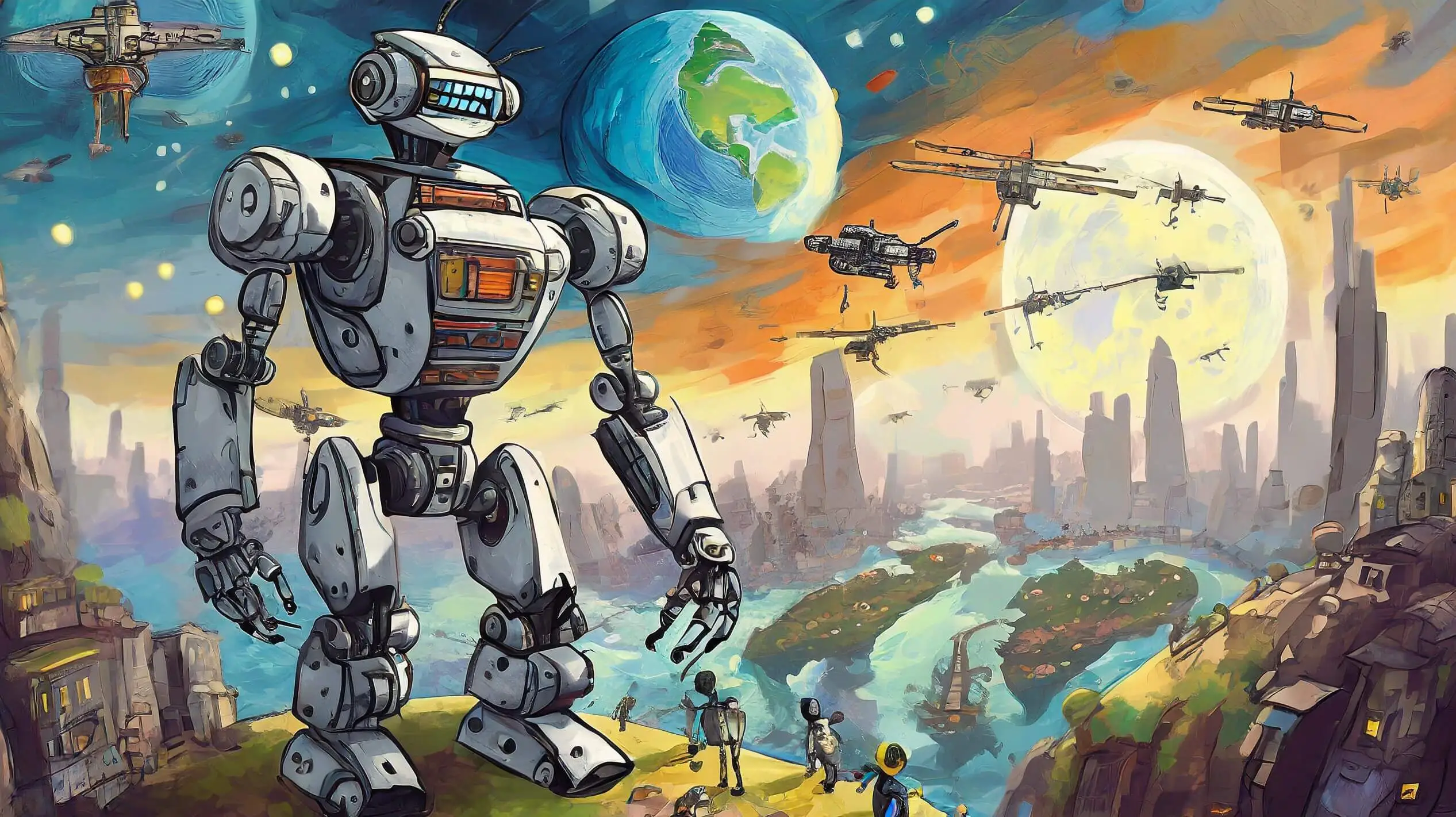Imagine a world where robots do your chores, cars drive themselves, and AI assistants answer your questions in a flash. Sounds pretty cool, right? But while Artificial Intelligence (AI) promises amazing things, it's important to remember that, like any powerful tool, it comes with its own set of drawbacks. Let's delve into some of the potential disadvantages of AI that everyone, from teenagers to seasoned adults, should consider:
1. Job Market Jitters: Ever heard of automation? That's where machines take over tasks humans used to do. AI is a master of automation, and while it can make things more efficient, it might also mean fewer jobs available for people. Imagine self-driving trucks replacing truck drivers or AI robots assembling products in factories. This could lead to unemployment and economic disruptions, especially for those whose jobs heavily rely on routine tasks.
2. The Bias Bubble: AI learns from data, and data can be biased. If an AI system is trained on biased information, it will make biased decisions. This could lead to discrimination in areas like loan approvals, job applications, or even criminal justice. Imagine an AI system used for loan approvals favoring applicants from certain neighborhoods or backgrounds based on historical data, even if those biases are outdated or unfair.
3. Privacy Peeping Toms: AI thrives on data, and lots of it. But where does this data come from? Often, it's collected from our online activities, social media posts, and even our phones. This raises concerns about privacy and how our personal information is being used. Imagine someone using AI to analyze your social media to predict your behavior or target you with personalized ads that feel uncomfortably intrusive.
4. The Black Box Conundrum: Some AI systems are like "black boxes." They make decisions, but it's hard to understand how they got there. This lack of transparency can be problematic, especially in areas like healthcare or finance. Imagine an AI-powered medical diagnosis system recommending a risky treatment without explaining its reasoning, leaving doctors and patients confused and unsure.
5. The Ethics Enigma: As AI gets more powerful, ethical questions arise. Who is responsible for the decisions made by AI systems? What happens if an AI makes a mistake that harms someone? These are complex questions that require careful consideration, especially when considering AI applications in sensitive areas like warfare or autonomous weapons. Imagine an AI-powered weapon making a wrong decision on the battlefield, leading to unintended casualties.
6. The Creativity Gap: AI excels at analyzing patterns and making data-driven decisions. But it lacks the human touch of creativity and empathy. It can't come up with entirely new ideas or understand and respond to human emotions. Imagine relying solely on AI for artistic expression or emotional support, potentially leading to a bland and sterile world.
7. The Superintelligence Scare: This one's a bit out there, but some experts worry about the possibility of AI surpassing human intelligence and becoming uncontrollable. While this might seem like science fiction, it's crucial to consider the potential risks and have safeguards in place to ensure AI remains beneficial to humanity.
Remember, AI is a powerful tool with immense potential. But like any tool, it's important to be aware of its limitations and potential downsides. By understanding these disadvantages, we can work towards developing and using AI responsibly, ensuring it benefits everyone and creates a better future for all.
So, whether you're a tech-savvy teenager or a seasoned adult, keep these points in mind when thinking about AI. Let's embrace its potential while responsibly addressing its challenges, ensuring that AI remains a force for good in our world.
